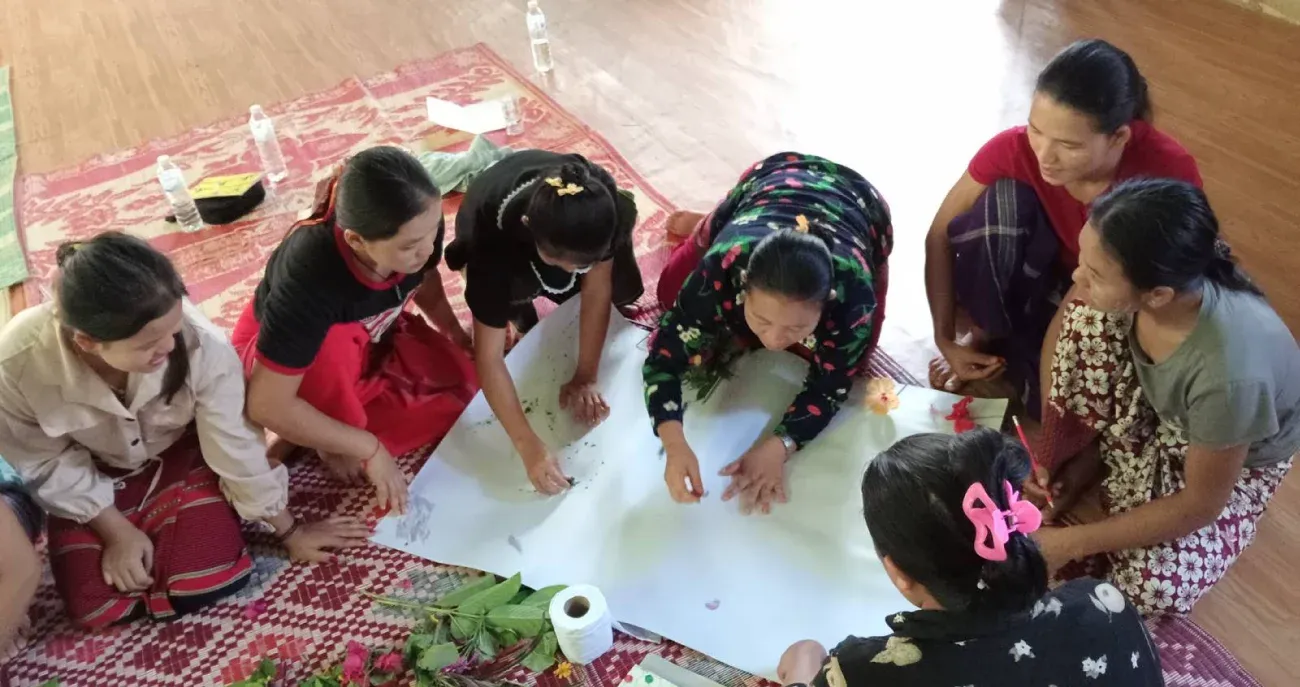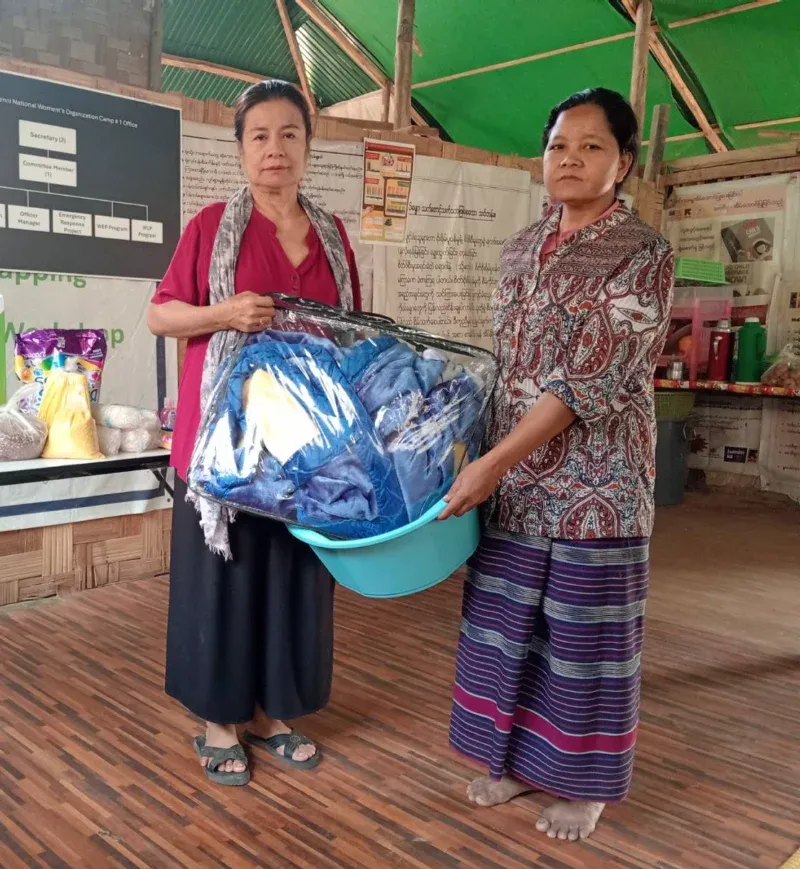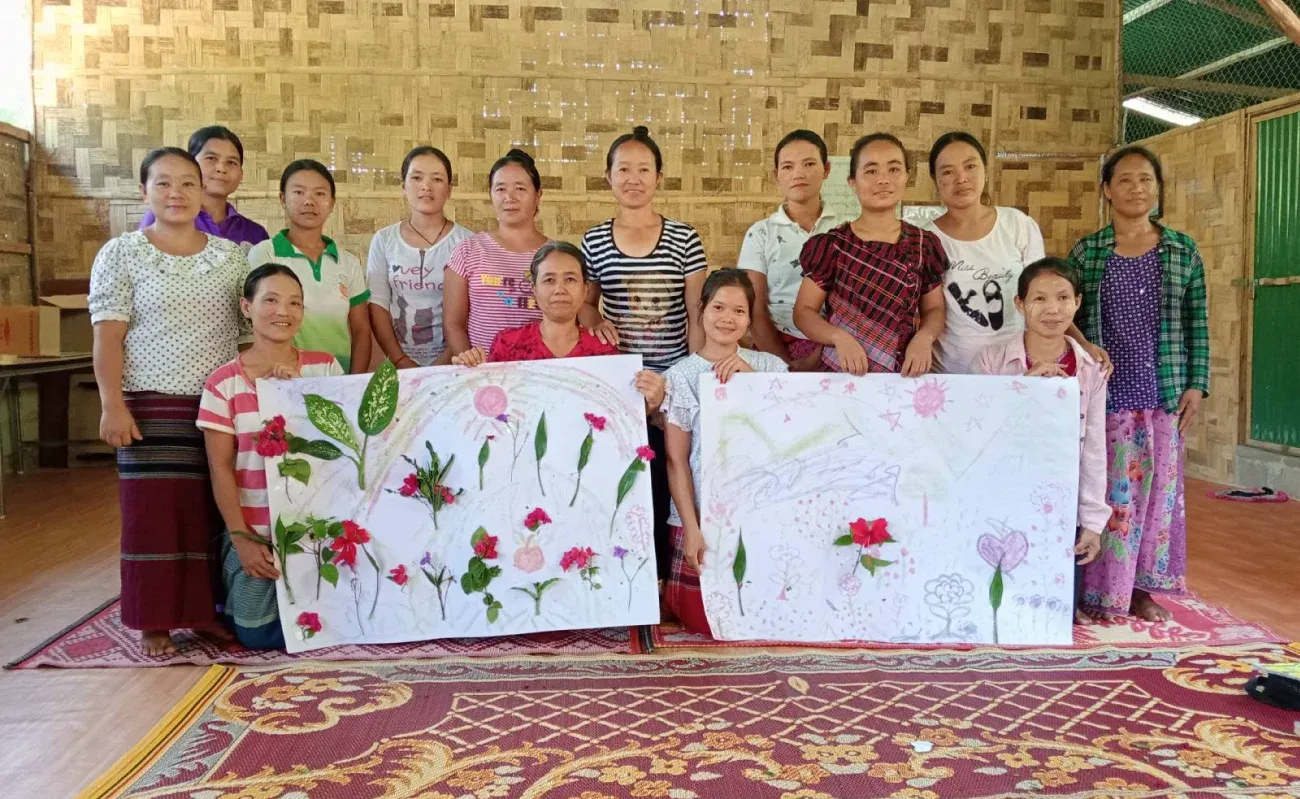
Women and Child Protection Program (WCP)

KNWO is deeply committed to safeguarding women and children through a holistic suite of support services designed to prevent violence, respond to crises, and empower communities.
1. GBV Case Management
A robust, survivor-centered system that provides intake, assessment, individualized planning, follow-up, and coordination through case reviews and case conferences to ensure comprehensive care.
2. Direct Food Assistance
Emergency food distributions for women, children, and families impacted by violence or displacement—offering vital nourishment during times of crisis.
3. Survivors' Activities
Peer support circles, skills workshops, and healing-focused events help survivors of gender-based violence restore self-esteem, resilience, and social connections.
4. GBV Prevention Awareness
Gender-sensitive group discussions—segmented by boys, girls, women, and men—challenge harmful norms, foster dialogue, and cultivate respectful relationships to prevent violence before it occurs.
5. Community Outreach
Home visits, awareness campaigns, and public engagement activities educate communities about women's rights, child protection, and peaceful gender dynamics—driving local ownership of protective initiatives.
6. PFI (Pre-Family Intervention) Activities
Pre-Family Intervention (PFI) involves preparing and equipping families before crisis strikes. Through home-based visits, workshops, and counseling, we teach healthy communication, conflict resolution, and early warning skills—helping families build resilience and prevent harmful outcomes. This proactive approach mirrors effective psychoeducational models used in humanitarian contexts to reduce stress and strengthen familial bonds.
7. Program Meetings
Weekly or monthly coordination among KNWO staff, volunteers, and community leaders ensures smooth implementation, quality oversight, and real-time adaptations to emerging needs.
8. Coordination Meetings
We convene local stakeholders—health, justice, education sectors, NGOs—to align GBV response pathways, close service gaps, and strengthen cross-sector collaboration for survivor support.
9. International Women's Day
Every March 8, KNWO organizes community celebrations featuring advocacy campaigns, recognition ceremonies, and public forums to highlight women's achievements and raise awareness of ongoing protection challenges.
10. Psychosocial Support Activities
Survivors and at-risk individuals access one-on-one counseling, group therapy, art therapy, and crisis support—all aimed at healing trauma, rebuilding confidence, and fostering emotional wellbeing.
Impact & Reach
- Hundreds of GBV cases supported annually through safe housing and case management.
- Thousands engaged in prevention sessions and awareness events across camps and villages.
- PFI-trained families show improved conflict resolution and stronger bonds before any crisis emerges.
- Robust referral systems and coordination strengthen access to justice, health, and mental health services.
Why It Matters
In regions marked by conflict and displacement, early intervention and integrated protection strategies are key to stopping violence before it starts—and providing urgent care when it does. By combining PFI with survivor services, psychosocial support, and community engagement, KNWO is not only meeting immediate needs—but building stronger, more resilient families and communities.


Karenni National Women's Organization (KNWO) is a non-profit community-based organization. KNWO was founded in 1993 by Karenni women who fled to Thailand seeking asylum from Myanmar's brutal military regime.